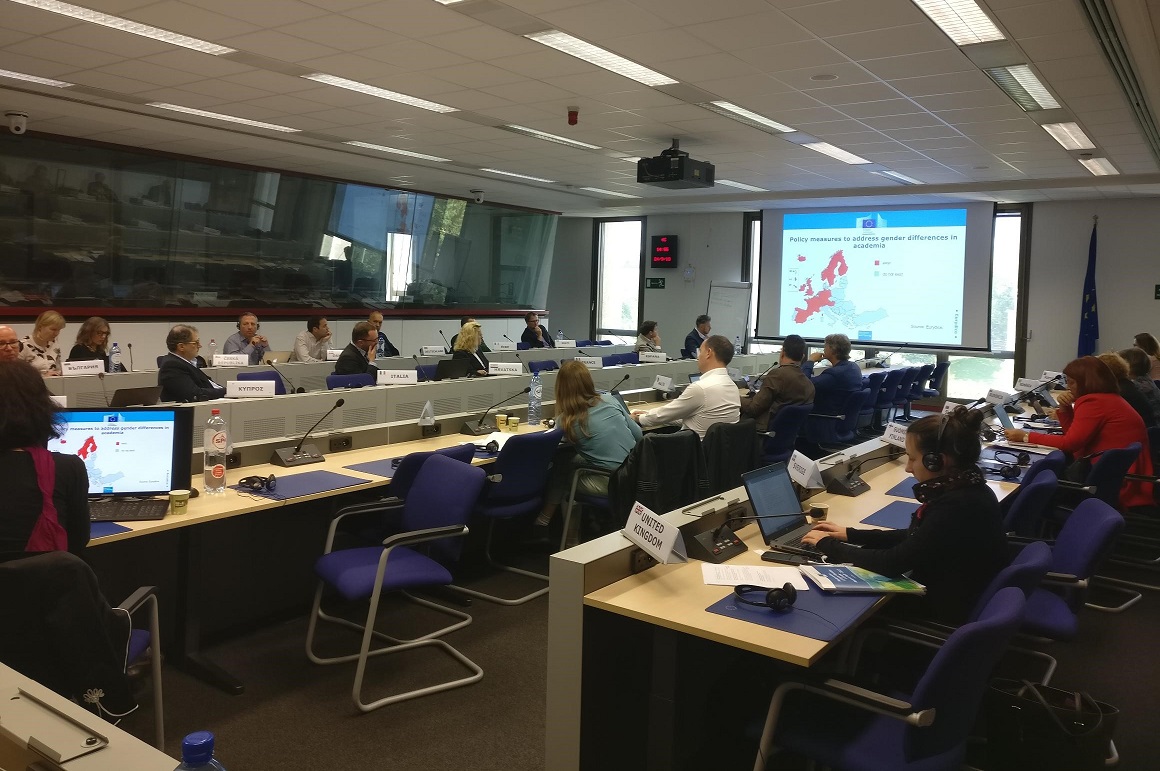ESSDE meeting on Higher Education and Research: public funding, social dialogue and collegial governance central to guaranteeing supportive working environments and quality learning outcomes
Published:
On 24 September, the European Sectoral Social Dialogue Working Group on Education Higher Education and Research took place in Brussels. The meeting addressed the future of the Bologna Process, the usage of digital tools in modernising higher education, the importance of supportive working environments, the patterns of recruitment and retention of academic staff across Europe, and the future of funding for higher education given the new proposals for Erasmus+, Horizon Europe and University-Business Partnerships.
The meeting offered a stimulating environment, encouraging representatives of member organisations of both ETUCE and EFEE to share practices from their home countries, to comment and to pose questions, as well as to learn more about the European Commission’s work. During their meeting, experts from higher education unions and employer organisations provided vital examples of trends related to privatisation, commercialisation and expansion of private-public partnerships in higher education. Aware of the risks of fuelling societal fragmentation and inequalities, education trade unions rang an alarm bell on any kind of private source filling the investment gap in higher education and research. Moreover, higher education trade union experts hoped for more consideration to be given to the implications of public-private partnerships and to the linking of EU funding to research and innovation, which might prove detrimental for non-market-oriented research. Experiences from Portugal, Ireland, the UK, the Netherlands, Sweden, Latvia, Finland, and France were shared, emphasising the importance of public funding, fair working conditions, stable employment terms and academic freedom for ensuring supportive work environments for academic staff and quality learning outcomes for students. The well-being and professionalism of teachers was central for the working group participants, as this has been linked with the ability to deliver quality education. Lastly, the social partners in higher education and research agreed to continue to reinforce their capacity building efforts to address impelling issues at European level and deliver meaningful outcomes for researchers and academic staff.